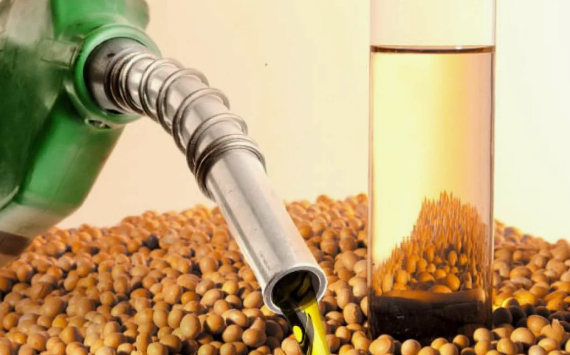Biodiesel Day

National Biodiesel Day is celebrated on March 18th each year to recognize the advantages and progress of biodiesel as an eco-friendly energy source. This day focuses on promoting awareness of biodiesel, a fuel made from renewable materials like vegetable oils, animal fats, and recycled cooking grease. Biodiesel is known for its ability to lower greenhouse gas emissions and reduce reliance on fossil fuels. The observance highlights the importance of supporting alternative energy sources and the role of technological innovation in fostering a more sustainable future.
About the holiday
Brief History
Diesel initially proposed using vegetable oils as fuel for his engine, a concept he showcased at the 1900 World's Fair with an engine running on peanut oil. Although diesel engines later shifted to fossil fuels, the oil crises of the 1970s reignited interest in alternative fuels. In the 1990s, biodiesel technology emerged, thanks to the efforts of environmental advocates and researchers. The National Biodiesel Board, founded in 1992, has been instrumental in promoting biodiesel. National Biodiesel Day was officially recognized in 2002, celebrating Diesel's vision and advancing biodiesel as a practical alternative energy source.
How It's Celebrated
Holiday is marked by various educational and promotional activities. Schools, universities, and community organizations host seminars, workshops, and demonstrations on biodiesel production and its benefits. Industry events, including conferences and webinars, discuss advancements and challenges in biodiesel technology. Public awareness campaigns through social media and local media help spread the word. Some communities may offer special promotions or discounts on biodiesel at local fuel stations, encouraging its use and highlighting its environmental benefits.
 National Biodiesel Day
National Biodiesel Day
Interesting Facts
- Rudolf Diesel designed his engine to run on vegetable oils, showcasing his early commitment to renewable fuels.
- Biodiesel can cut greenhouse gas emissions by up to 86% compared to conventional diesel.
- Used cooking oil from restaurants is often converted into biodiesel, turning waste into a valuable resource.
- Compatibility: Many modern diesel engines can operate on biodiesel without needing major modifications.
- Biodiesel production has an energy return on investment of approximately 3.2:1, meaning it produces more energy than is required for its production.
Were born on 18 March
Happy National Biodiesel Day! Today, we honor Rudolf Diesel’s innovative vision and celebrate the progress of biodiesel. By supporting sustainable energy solutions, we can work together for a cleaner, greener planet. Let’s drive the future of eco-friendly fuel forward!








































